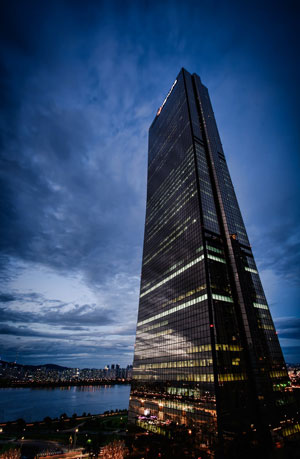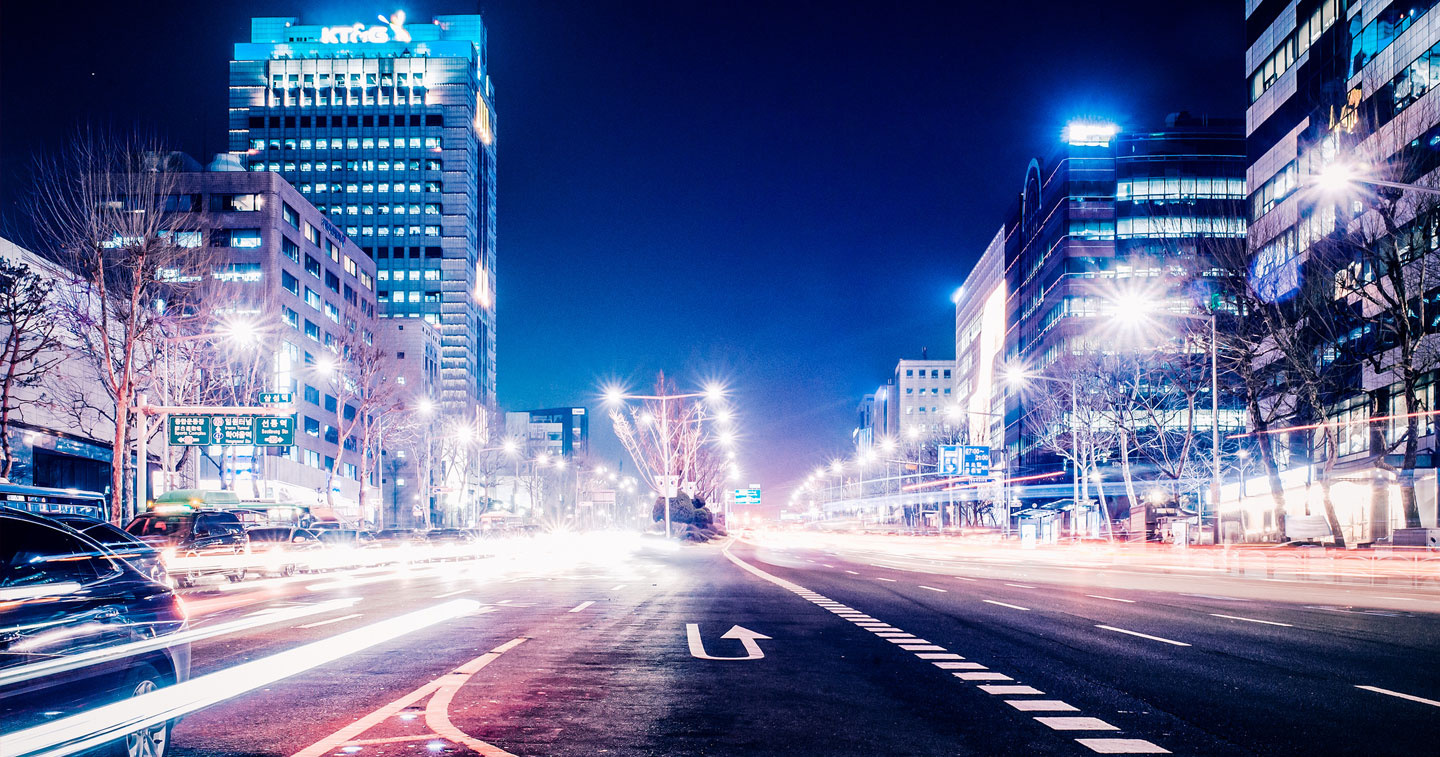In the space of a few decades, South Korea has changed profoundly. This country that once lived on the cultivation of rice now has a cutting-edge technology industry and is flooding the world with its high-tech devices. Discover this nation resolutely turned towards the future where everything goes much faster.
A FRESH RATE OF LIFE
The term ” ppalli ppalli (which could be translated as fast or frenetic) is often used to define the philosophy of life of South Koreans, which is reflected in particular by dizzying internet speeds, intensive language courses promising convincing results in just a few days , popular speed-dating events and chain weddings on weekends.
the ppalli ppalli also seems to be the watchword of the thousands of scooter riders who roam the streets of Korea’s major cities and defy the rules of the traffic (as well as those of physics) to succeed in delivering their orders on time.
Yet, not so long ago, Korean society was predominantly rural and lived at a much slower pace (in 1960, nearly 72% of North Koreans lived in the countryside). So how can we explain these profound changes that have seen this country move from rice cultivation to very high speed downloading?

In the early 1960s, at the instigation of its president Park Chung-heethe South Korea embarked on a series of sweeping five-year economic plans. These quasi-military campaigns gave birth to the ” Han River Miracle (which symbolizes the transformation of a country at war into a major economic power) and gave birth to Korea Inc.today represented by behemoths like Samsung, hyundai and LG.
Incredibly, the country’s exports increased by 30 to 40% per year during this period. The audacity of the leaders and the frenetic pace of work of the South Koreans thus enabled the country to move from the export of silk and iron ore to the manufacture of manufactured articles (wigs, textiles, etc.) and then to the consumer electronics.
As the sociologist explains Kim Choong-soonthe incredible economic boom of the South Korea is largely attributable to the principle of ppalli ppalli : “ This philosophy of life is for many Koreans a fundamental value. It is thanks to this culture of speed that South Korea has been able to achieve enormous economic and industrial progress in a very short time.. »
“IT IS THANKS TO THIS CULTURE OF SPEED THAT SOUTH KOREA HAS BEEN ABLE TO MAKE HUGE ECONOMIC AND INDUSTRIAL PROGRESS IN A VERY SHORT TIME”

An obvious symbol of this culture of speed, the expressway of Gyeongbu which extends over 428 kilometers and connects the south-east of Seoul to Busan, the second largest city in the country. While its construction should normally take three and a half years, the track was completed in 1968, only two years and five months after the start of work.
Since then, the country has continued to accelerate. Witness the Songdo International Business Districta gigantic high-tech district built in the southwest of Seoul in less than five years comprising a vast park, a hotel Sheraton and a collection of residential buildings, and the town of Sejongthe new administrative capital of the country built in less than two years and inaugurated in 2012.
For Kim Choong-soonthe ppalli ppalli it’s nothing new : ” Take the example of Hwaseong Fortress in Suwon, a UNESCO World Heritage Site. This was completed seven years ahead of schedule in 1796, and it remains in excellent condition today.. It is probably no coincidence that Korean athletes have distinguished themselves in Olympic disciplines requiring speed and precision, such as archery and speed skating.
IT IS PROBABLY NOT A COINCIDENCE THAT KOREAN ATHLETES HAVE SHOWN IN DISCIPLINES REQUIRING SPEED AND PRECISION
However, the editorialist Koo Se-woong see in the expression ppalli ppalli » a caricatural vision of Korean culture often used wrongly and through: « I understand that foreign observers often emphasize speed when presenting our country, but this stereotypical expression is used very little by Koreans themselves.. »

Indeed, while many Korean city dwellers have adopted the frenetic lifestyle of large cities, others reject the hustle and bustle of city life and prefer to settle in the more rural parts of the country. This is particularly the case for many celebrities, including the pop diva Lee Hyoriwho chose to settle on theIsle of Jeju. However, it remains difficult to predict how long this return to rural life will last, as Korean social trends tend to change in the blink of an eye.
To go further, also discover the incredible rebirth of the city of Hiroshima after the atomic bombings.
[related_posts_by_tax taxonomies=”post_tag”]
The post Light on the infernal rhythm of life of South Korean society, this country where everything goes too fast appeared first on Gamingsym.

